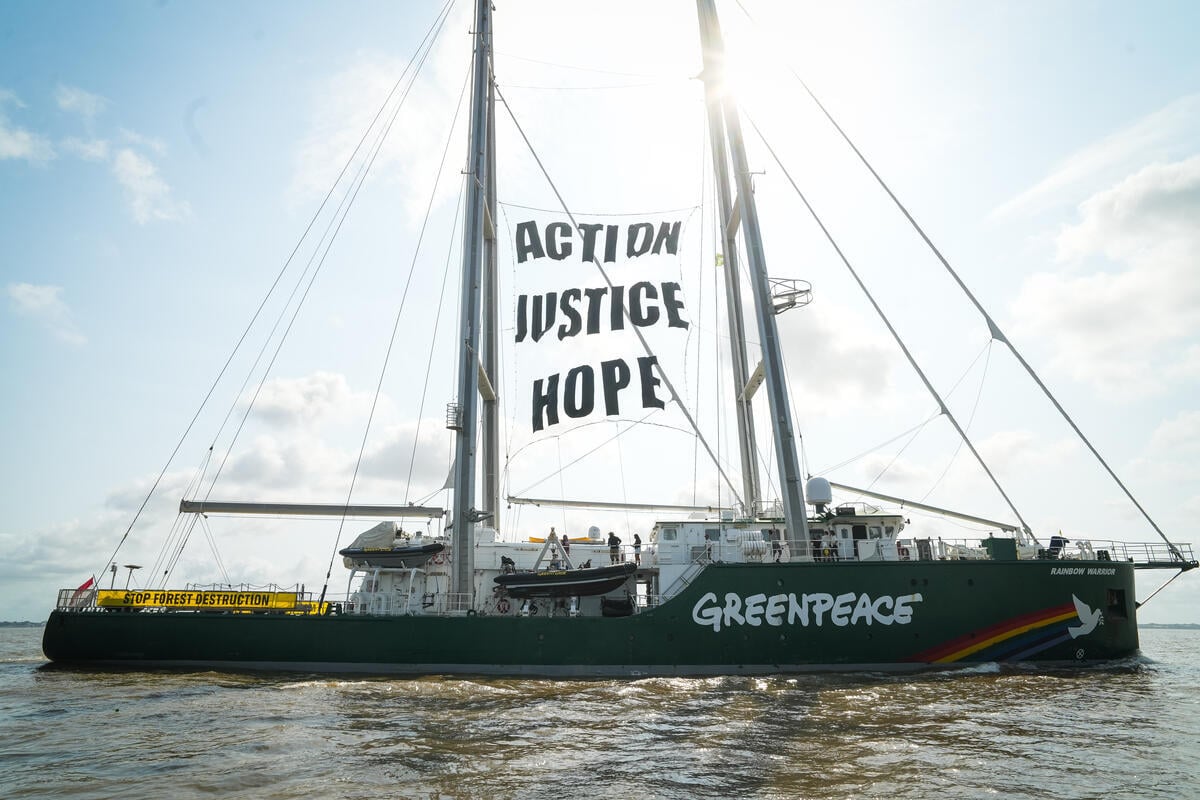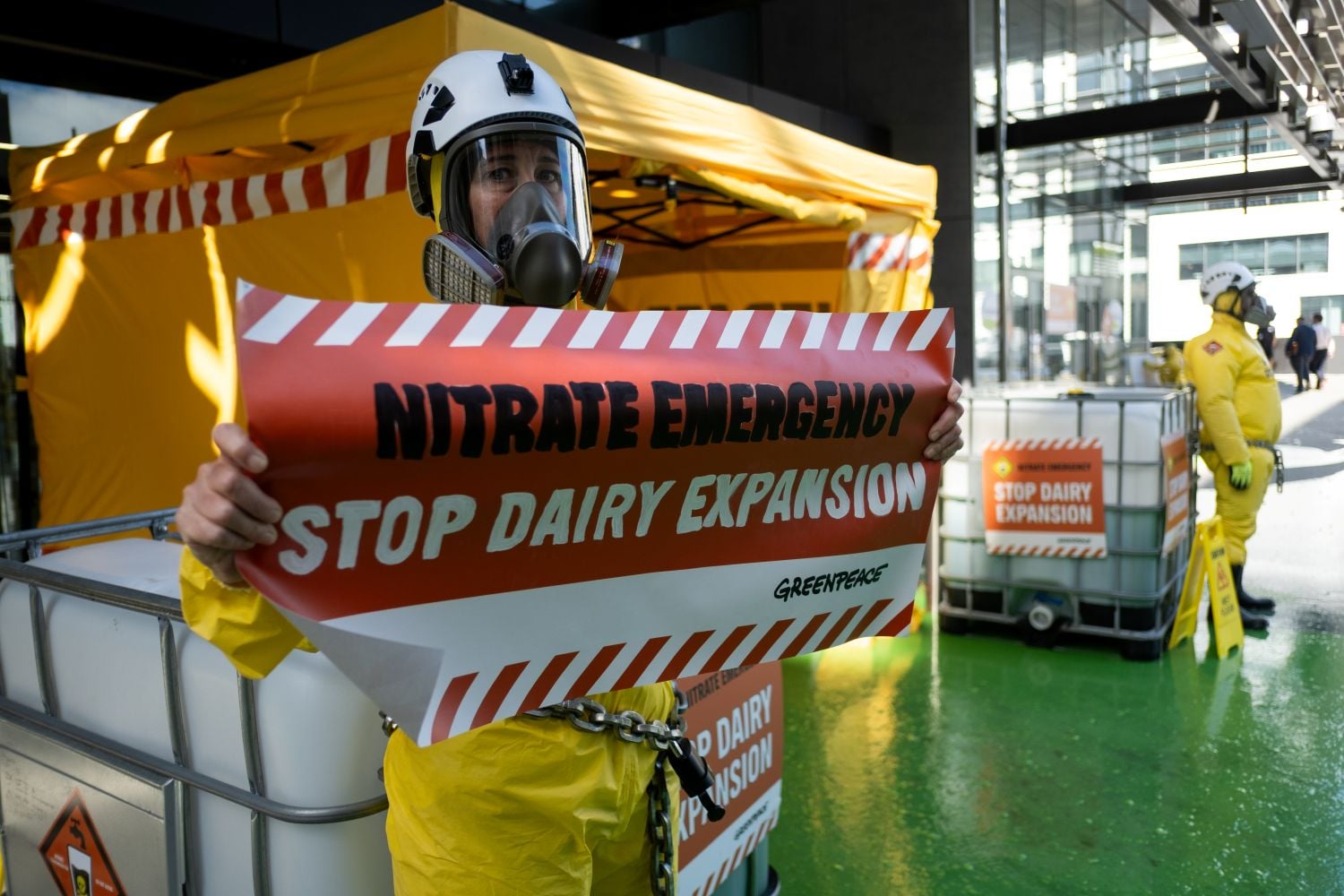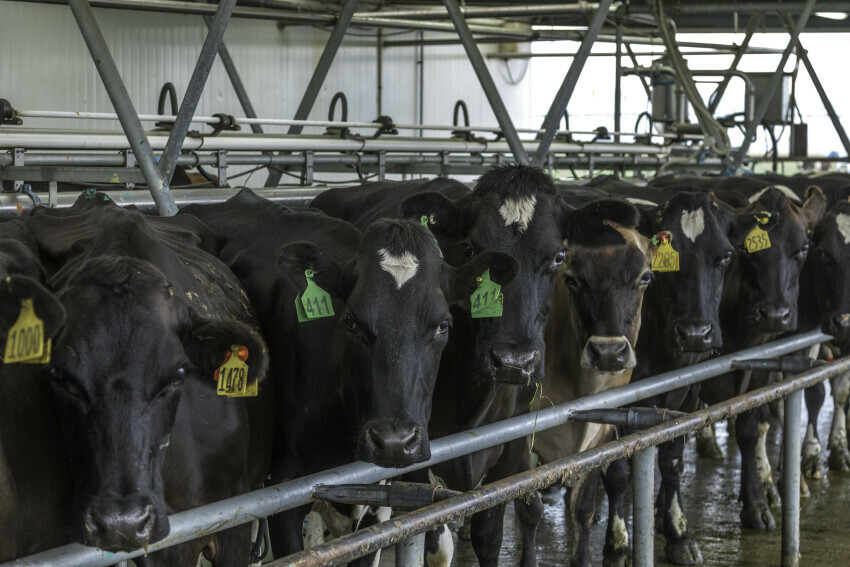When farming organisations start using children as human shields you know they’ve reached a new level of desperation. I think we might have arrived at despo-con3.
Achieved when DairyNZ decided to employ school kids as a new line of defence against public criticism over the freshwater crisis. “Dairy hate campaign hits farmer’s kids” trumpeted the headline in Rural News. On the 27th of May it reported DairyNZ director Ben Allomes saying children of dairy farmers “Are being bullied at school just because of the work that their parents do.” He’d been addressing a farmers’ forum in Manawatu. Critics asked Mr Allomes to prove it, or at the very least confirm that he’d reported the bullying to the schools concerned.
DairyNZ decided to employ school kids as a new line of defence.
At this point it looked like the headline might have been the result of an isolated off-the-cuff remark. But then it cropped up again. This time in New Zealand Farmer. The day before, Dairy NZ’s director Tim Mackle had made exactly the same claim at another farmers’ forum a few hundred kilometres north on the edge of Hamilton.
According to Mackle there had been “two or three incidents” of children who were being singled out in school because their parents were dairy farmers. By then the initial remark lost the appearance of a stray comment and started looking more like an orchestrated talking point. Mackle called it “the saddest story I’ve heard.”
And before we go any further, yes it is sad. This year the OECD reported that fifteen-year-olds in New Zealand have the second-highest rate of bullying out of 51 countries. Sad too, when farming leadership seeks to take advantage of such sensitive events to try and protect itself from public scrutiny.
Was it deliberate? It seems like too much of a coincidence that messrs Mackle and Allomes both sprinkled the bullying line into their speaking engagements on concurrent days, right in the middle of New Zealand’s official anti-bullying week. You can almost imagine the opportunist notes in the margin of the PR action plan -anti bullying week – use bullied farm kids to garner public sympathy. Would it have helped the families of the kids who might have been bullied? Would it have prevented other children from being bullied? Not really. Will it give a certain notoriety to the children who did the bullying? Quite possibly.
I wonder how much thought was given to making these incidents public? Unfortunately it smacks of the ill-considered reactions that have characterised the dairy leadership’s attempts to come to terms with the national debate about water contamination. Some of which have made them look like bully boys themselves. How else to describe the paid representatives of an 18 billion dollar industry taking a not for profit environmental organisation to the ASA over a TV ad, boycotting the sponsor of a TV current affairs programme because you don’t like the content and threatening to punch anyone who put their name to a report by “pommie” economists which pointed out the environmental downsides of expanding dairying.
All of these bizarre tactics, like the school bullying claims, seem to indicate an incoherent leadership style of distraction and obfuscation. Waving and pointing in one direction to deflect the public gaze. Hoping perhaps against hope that after the election it might just all go away. Not sure that’s going to happen. The dairy leadership might be wise take a moment, crawl out of the defensive trench it’s dug for itself, and consider that what they are trying to defend on behalf of their industry offers very little salve to the individual farmers it is supposed to represent.
The dairy leadership might be wise take a moment, crawl out of the defensive trench it’s dug for itself
Cheering on the state-sponsored expansion of intensive dairying through subsidised irrigation schemes might pump up milk powder production but what does it do for existing family farms? Converting more marginal areas into dairying on soils that are even more susceptible to contamination by nitrates. Increasing the nutrient loads in the rivers and raising the ire of the public further.
How will that benefit existing cow cockies? How about putting some money and effort into researching practical ways of farming which run less cows, use less nitrates and phosphorus and actually produce more profit per cow?
These methods are already being trialled on dairy farms around the country. Looking on the Feds and DairyNZ websites you wouldn’t know they existed. If the dairy leadership wants to do something about the upset of ordinary New Zealanders why doesn’t it start telling the story of these farmers who are working not only to turn around the effects of dairying on the landscape but introducing regenerative models which go beyond mitigation and improve the ecological value of the land and water.
Actually, don’t worry you guys. We’ll do it for you. Over the next two months Greenpeace is going to release video stories of Kiwi farmers who are starting down the path towards regenerative agriculture. Not only are they looking after their waterways, they are rapidly reducing their greenhouse gas emissions. Because that is the next hurdle the industry is going to have to face as responsible guardians of the land. This new breed of farmers may be regarded as wacky by some of their peers, studiously ignored by their industry leaders, but these brave men and women have the capacity to do the seemingly impossible, salvage both the dairy industry and the environment. That would create a future that all of our kids could be proud of.
By Phil Vine
Journalist at Greenpeace



